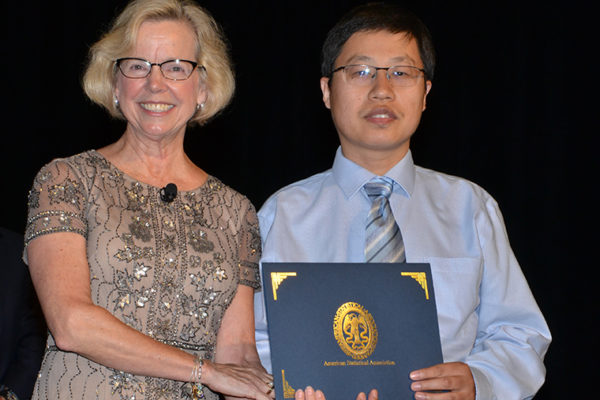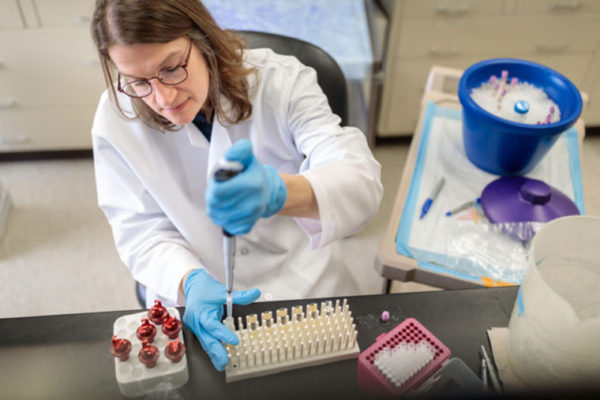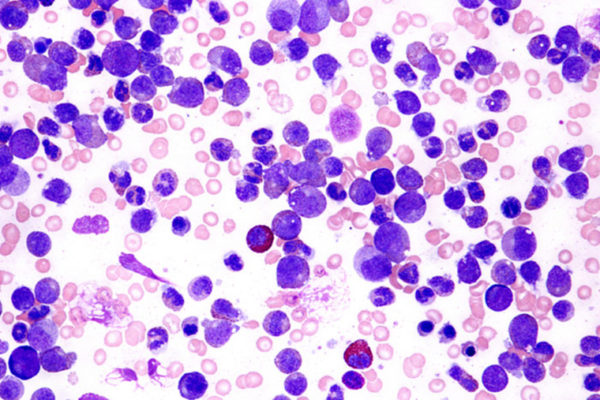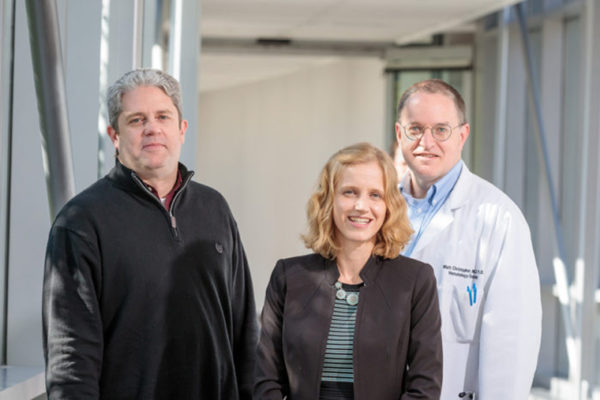Washington People: Jennifer Silva
Jennifer Silva, MD, a pediatric electrophysiologist at the School of Medicine, treats children with abnormal heart rhythms. She has co-founded a startup that is developing technology to help doctors see real-time 3D holograms of the heart during procedures to fix erratic heart rhythms.
Cordell Institute signs ‘Paris Call for Trust and Security in Cyberspace’
Washington University’s newly launched Cordell Institute for Policy in Medicine & Law has signed on as one of the early signatories of French President Emanuel Macron’s “Paris Call for Trust and Security in Cyberspace,” announced Nov. 12 as part of the peace forum commemorating 100 years since the ending of World War I.
Liu elected fellow of statistical association
Lei Liu, professor of biostatistics at Washington University School of Medicine in St. Louis, has been elected a fellow of the American Statistical Association, the country’s preeminent professional statistical society.
Link between autoimmune, heart disease explained in mice
School of Medicine researchers are beginning to understand the link between autoimmune disease and the cardiovascular system. A new study in mice shows that immune cells that arise during autoimmune disease cause cholesterol to become trapped inside blood vessels.
Froelke honored as advocate for patients with rare diseases
Brian Froelke, MD, of Washington University School of Medicine, has been recognized by the EveryLife Foundation for Rare Diseases as a state legislative advocate for patients with rare diseases.
$11.5 million supports innovation in leukemia research
Extending its standing as one of the top leukemia programs in the U.S., the School of Medicine has been awarded an $11.5 million NIH grant to further high-level investigations into leukemia and related blood cancers. The grant funds a prestigious Specialized Program in Research Excellence (SPORE) in leukemia.
Pham named director of rheumatology division
Christine Pham, MD, professor of medicine and of pathology and immunology at Washington University School of Medicine in St. Louis, has been named director of the Division of Rheumatology in the Department of Medicine.
Bosch named fellow of national physicists organization
Walter R. Bosch, DSc, associate professor of radiation oncology at Washington University School of Medicine in St. Louis, has been elected a fellow of the American Association of Physicists in Medicine. He was recognized for, among other contributions, his work involving data standards and interoperable exchange of radiotherapy information.
Relapsed leukemia flies under immune system’s radar
School of Medicine research offers a potential explanation for why many patients with acute myeloid leukemia experience a relapse after a stem-cell transplant and suggests a therapeutic approach that may help to place relapsed patients back into remission.
Breast milk, formula nurture similarities, differences in gut microbes
A new School of Medicine study finds that formula and breast milk encourage the growth of similar kinds of bacteria in babies’ digestive tracts, but the bacteria work differently. The health implications are unclear.
View More Stories









